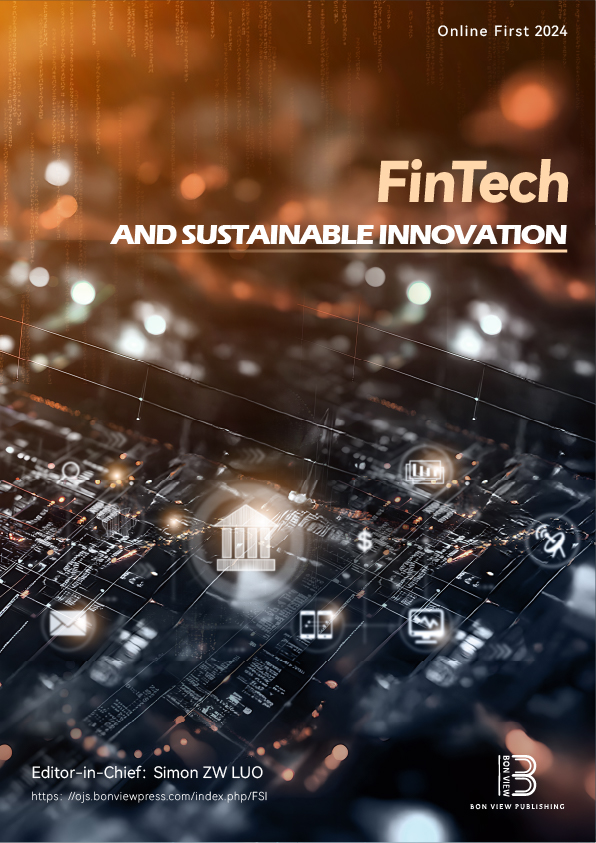Navigating Innovation, Inclusion, and Ethical Challenges in AI-Driven Fintech: The Philippines
DOI:
https://doi.org/10.47852/bonviewFSI52025696Keywords:
artificial intelligence (AI), fintech, financial inclusion, ethical AI, PhilippinesAbstract
The purpose of this study is to investigate the ethical risks associated with the implementation of artificial intelligence (AI)-driven social fintech initiatives in the Philippines and how they support financial inclusion. The study examines nine fintech companies that operate in a variety of industries, such as digital banking, microlending, and blockchain-based waste-to-cash programs, using a qualitative multiple case study methodology. According to the research, fintechs use AI to provide automated onboarding, alternative credit scoring, and customized financial services. These tools are implemented using AI-enabled, mobile-first platforms that allow for quick expansion into underserved areas without depending on conventional banking infrastructure. Findings show that while such innovations significantly improve reach and efficiency, they also introduce ethical risks due to low financial literacy, data privacy concerns, cybersecurity vulnerabilities, and uneven consumer protections. The necessity of responsible AI integration, improved consumer protection, and flexible regulatory frameworks is highlighted by these risks. This study adds to the body of knowledge on inclusive digital finance in low-capacity digital environments by shedding light on the intricate trade-offs between innovation and ethics.
Received: 15 March 2025 | Revised: 14 August 2025 | Accepted: 2 September 2025
Conflicts of Interest
The author declares that she has no conflicts of interest to this work.
Data Availability Statement
Data sharing is not applicable to this article as no new data were created or analyzed in this study.
Author Contribution Statement
Tetiana Schipper: Conceptualization, Methodology, Resources, Writing – original draft, Supervision.
Downloads
Published
Issue
Section
License
Copyright (c) 2025 Author

This work is licensed under a Creative Commons Attribution 4.0 International License.


